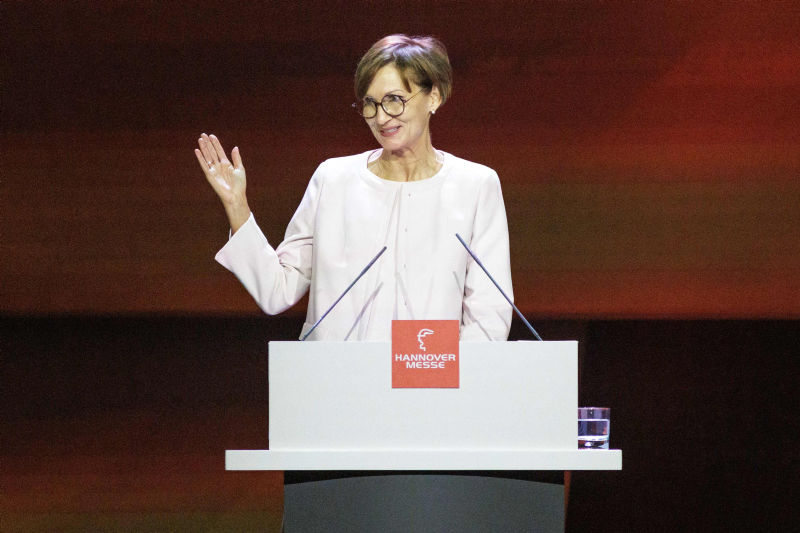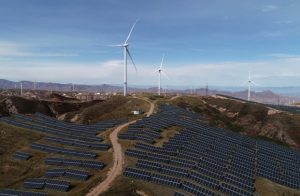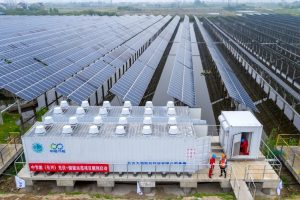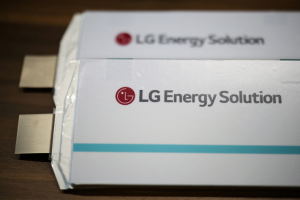Germany hopes to expand its green hydrogen energy production through collaboration with Australia, a senior Berlin official said.
Moscow’s war on Ukraine has highlighted the reliance of European Union countries, especially Germany, on Russian fossil fuels and turned energy security into a major issue.
“These days, due to the horrible war of aggression from Russia on Ukraine, the pressure to become independent from fossil fuels has become more prominent and more urgent,” Minister for Education and Research Bettina Stark-Watzinger said in an interview.
Germany and Australia last year signed a deal to create a renewable energy-based supply chain between the two countries as part of Berlin’s efforts to develop environmentally-friendly hydrogen.
As Germany’s green hydrogen demand cannot be met domestically, it is seeking partnerships overseas to secure imports.
The goal is to reach commercial scale production of green hydrogen by 2030 if not sooner, initially to feed Germany’s steel industry, Stark-Watzinger said.
ALSO SEE: Australian Billionaire Seeks Quantum Leap for Green Hydrogen
Commercial Scale Production
“I think once we get started and the process gets momentum, it could be earlier than that,” she said. Stark-Watzinger, who visited Australia last week, discussed hydrogen projects with researchers and companies, including two of Australia’s biggest commodities exporters, Woodside Energy Group and Fortescue Metals Group.
Germany wants to line up Woodside and Fortescue as suppliers of green hydrogen, while the two companies are interested in working with German firms to get electrolysers, she said.
E.ON, a German energy major, in March signed a memorandum of understanding with Fortescue’s green power business to explore shipping green hydrogen to Europe.
Green hydrogen is made by using electrolysers powered by renewable energy to split water.
The next step is for consortia of German and Australian companies to apply by June for funding for demonstration projects including green hydrogen production, transportation and usage.
Last year, Australia and Germany said they planned to spend around $90 million to fund hydrogen demonstration projects.
- Reuters, with additional editing by George Russell
READ MORE:
Anglo-American Puts World’s Biggest Hydrogen Truck to Work
US-Based Hyzon Setting up Australian Hydrogen Fuel Depot
Japan’s Osaka Gas Backs $11bn Hydrogen Project in Australia
























